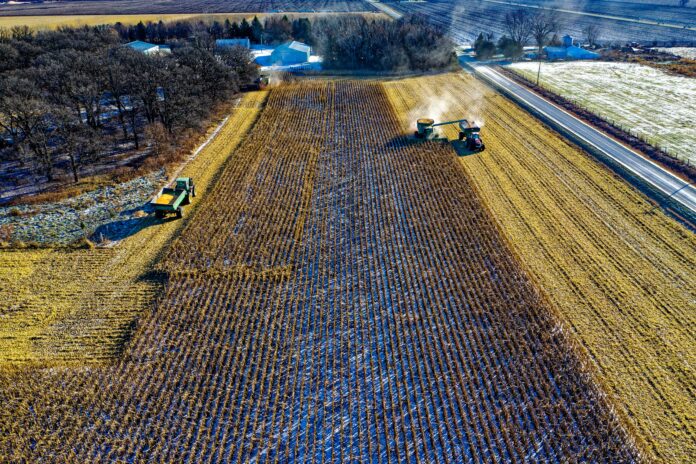Traditional agriculture caters to the needs of nearly eight billion people on Earth. Yet although this method is generally able to meet global food demands, it comes at a significant cost to our planet: it consumes vast swathes of land, water, and energy while contributing extensively to greenhouse gas emissions, impacting biodiversity and unsettling the delicate balance of the Earth’s ecosystems.
What if there were alternative ways to produce food that didn’t rely on conventional agricultural practices?
Recent scientific advancements have unveiled the potential for creating edible molecules through chemical and biological processes. This innovative approach opens doors to a realm where food production could break free from the constraints imposed by traditional farming practices.
In a recent study published in Nature Sustainability, researchers delved into synthesizing dietary fats and compared their energy usage and greenhouse gas emissions to conventionally produced fats. Dr. Juan Moreno-Cruz, an Associate Professor at the School of Environment, Enterprise, and Development at the University of Waterloo, was a contributor to this article.
The authors summarized diverse pathways for chemosynthetically generating fats. For example, chemicals like syngas and ethylene from fossil fuels or captured carbon in the atmosphere can be transformed into essential dietary components, such as fatty acids, using different scientific methods.
Using data obtained in 2017 from multiple countries and products, the researchers estimated land use, greenhouse gas emissions, and energy consumption for traditional fat production versus chemically created dietary fats. Their findings suggested that synthesized fats could potentially reduce water usage and decrease pollution levels in both air and water.
Nonetheless, the authors cautioned about challenges arising from a complete shift to synthetic food production. Notably, such a transition could significantly impact the global labour force, considering that agriculture currently employs about 30% of the world’s workers.
Despite these considerations, exploring alternatives to traditional agriculture for food production could mark a significant turning point in our quest for sustainable living. This method not only aids in rehabilitating Earth’s ecosystems, but also grants greater control over food production quantities, ensuring ample sustenance for our ever-growing global population.









































